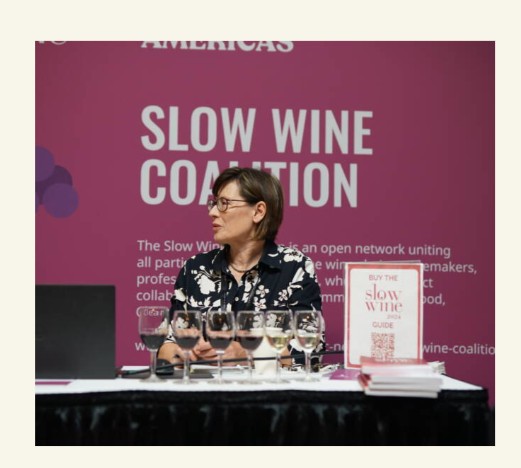We’re excited to introduce you to the always interesting and insightful Deborah Parker Wong. We hope you’ll enjoy our conversation with Deborah below.
Deborah, so great to be with you and I think a lot of folks are going to benefit from hearing your story and lessons and wisdom. Imposter Syndrome is something that we know how words to describe, but it’s something that has held people back forever and so we’re really interested to hear about your story and how you overcame imposter syndrome.
As a journalist, I’m constantly learning as I pursue my professional activities but I’m usually engaging with professionals who are better educated and very successful in their fields. Over time, this scenario began to undermine my confidence in a number of ways. For example, I write a column for a trade publication about sensory awareness and perception as it relates to wine. Over the last six years I’ve covered some very profound topics in a way that makes the information accessible to readers who are not trained scientists. Having spent years researching this subject, I was determined not just to write about sensory science but to become a sensory scientist. The pandemic provided an opportunity to enter a Master of Science program in viticulture and enology where I could conduct sensory research for my thesis. Once the pandemic eased up, it took a lot of commitment to stick with the program but I was able to complete the degree in less than four years.
The questions most people have about my choices and achievements focus on what this level of late-stage professional development has done for my self-esteem and my career. Firstly, as an academic educator in the junior college and university systems here in California, with the degree my pay scale was reclassified and, in effect, I gave myself a raise. Shortly after receiving my degree, I battled the imposter syndrome demons by presenting my own research to fellow scientists at the wine industry’s top U.S. scientific conference. My research was well received and this inspired me to continue designing research studies, analyzing data, and publishing peer-reviewed papers.
My approach to overcoming imposter syndrome involved a multiple-year commitment and a leap of faith when presenting my research to the scientific community. The rewards I received are two-fold; I have furthered my journey towards self-actualization and realized monetary gains. Any way, you look at it, that’s a win win.
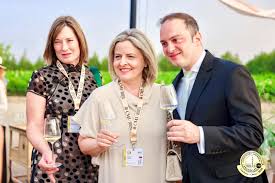
Thanks for sharing that. So, before we get any further into our conversation, can you tell our readers a bit about yourself and what you’re working on?
In addition to teaching and writing about wine, I am national editor for the Slow Wine Guide USA which is the nation’s only eco-friendly wine guide. This annual publication lists 500+ wineries in California, Oregon, Washington and New York that farm with land stewardship as a priority by not using synthetic herbicides and make excellent wine. The guide helps consumers navigate what is otherwise an opaque marketplace so they can buy products from wineries that are aligned with their beliefs and commitment to sustainability initiatives.
I manage a team of about 20 like-minded people who contribute to the guide each year. It’s a monumental project that gives all of us a sense that by supporting these winegrowers and winemakers, we’re actually doing something that makes a difference. In a world where policy change is often the only true measure of change, collaborating on a project that has a higher cause feels great.
The Slow Wine Guide is available through our e-commerce partner Slow Food USA, https://slowfoodamericas.org/product/slow-wine-guide-usa-2025/ and you can learn more about Slow Wine USA at www.slowwineusa.com
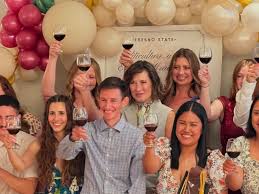
If you had to pick three qualities that are most important to develop, which three would you say matter most?
My top three qualities are: curiosity, integrity and humility. Each has served and continues to serve me well as a partner, a friend and a professional. Areas of knowledge that have provided a foundation for personal and professional growth include knowledge of food and beverage, knowledge of cultures acquired from travel, and knowledge acquired from reading.
In thinking about how my vocabulary has served me over the years in my roles as a journalist and educator, I know that I acquired much of it from reading as a teen and young adult. My advice is to not give up on reading in favor of the dopamine hits we get from social media. Once you fall out of the habit of reading, it can be hard to restart. Reread a childhood favorite to remind you of the awe and wonder you experienced when you first encountered the book. You might prefer digital or audio books; they count too.
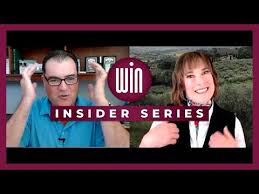
Alright, so before we go we want to ask you to take a moment to reflect and share what you think you would do if you somehow knew you only had a decade of life left?
I’m now pursuing my third and what is very likely my final career as a professor and journalist. I don’t plan to retire until I’m no longer able to work. But, if I only had a decade left I’d probably find more time for travel and creative outlets. That said, I’m pretty certain that I’d still want to teach and write. I feel grateful that I can pursue a career and a subject that I’m passionate about. That’s not something I take for granted. If you can orchestrate a life style that is balanced and healthy, you will have a foundation that makes it easier for so many other things to fall in place.
Contact Info:
- Website: https://www.deborahparkerwong.com
- Instagram: https://www.instagram.com/deborahparkerwong/
- Facebook: https://www.facebook.com/deborah.parker.wong/, https://www.facebook.com/deborahparkerwongdwset/
- Linkedin: https://www.linkedin.com/in/deborahparkerwong/
- Youtube: https://www.youtube.com/@DeborahParkerWong
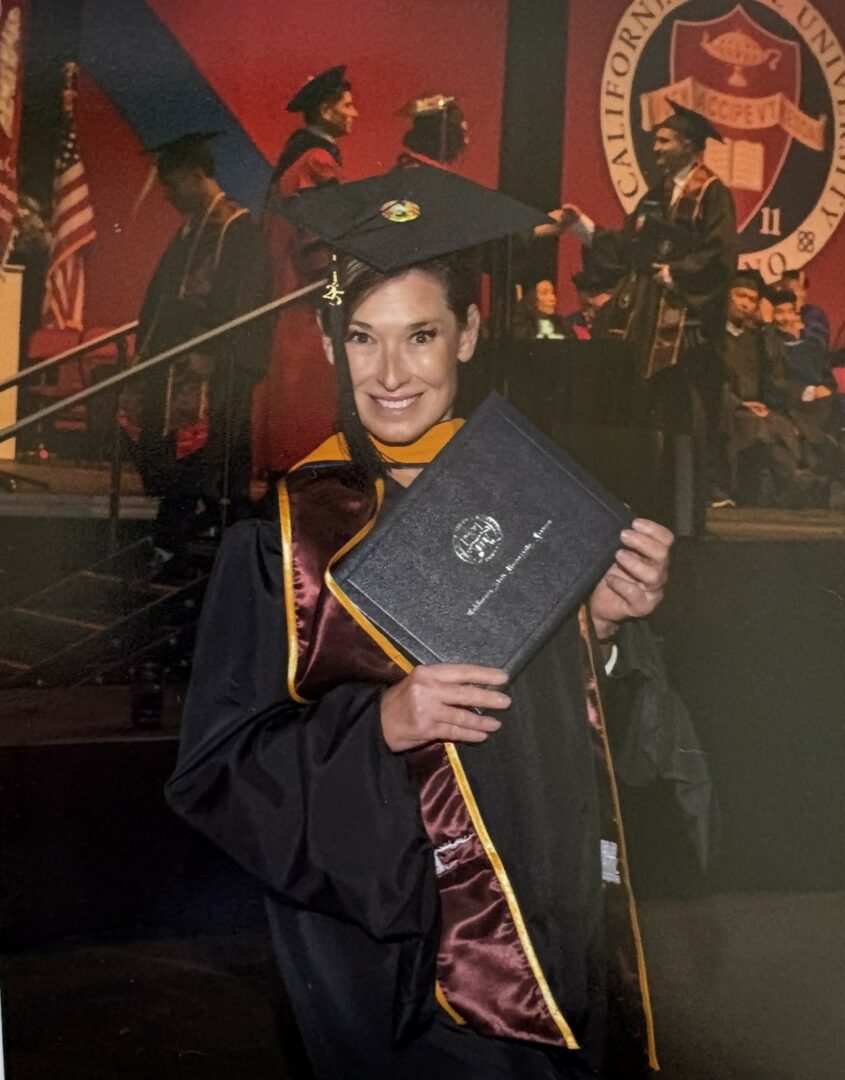
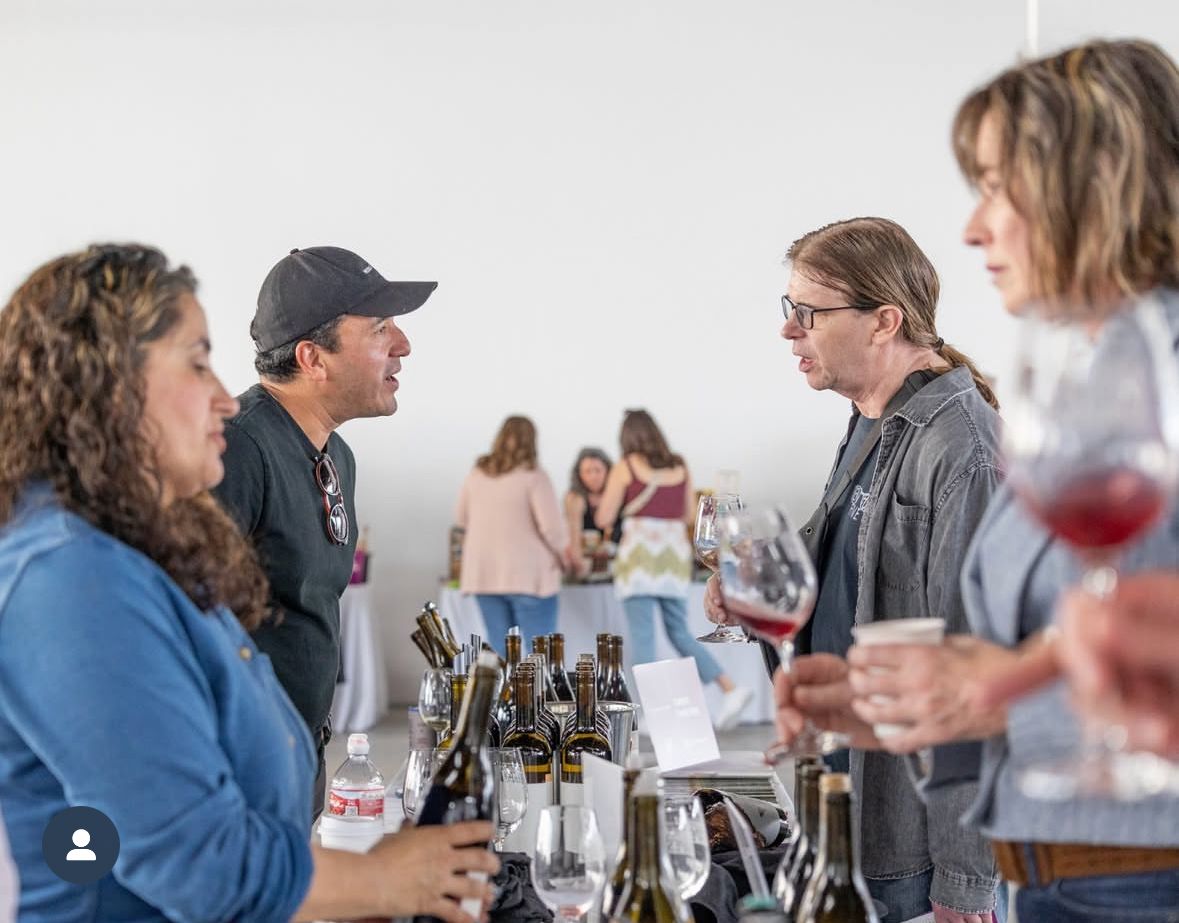
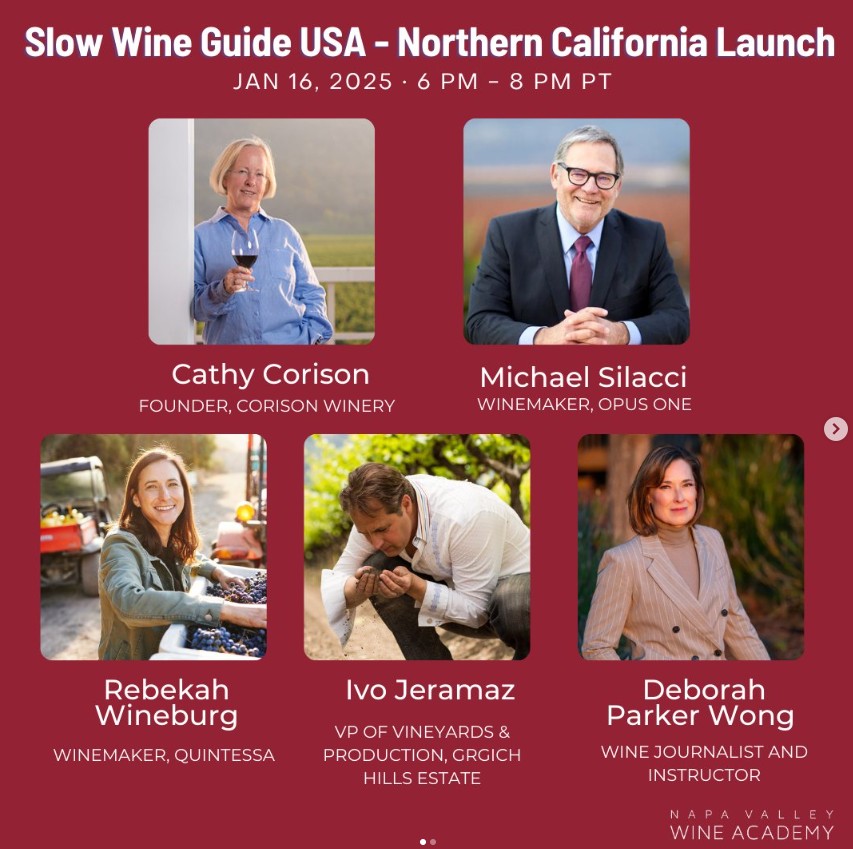
Image Credits
Slow Wine USA
so if you or someone you know deserves recognition please let us know here.

